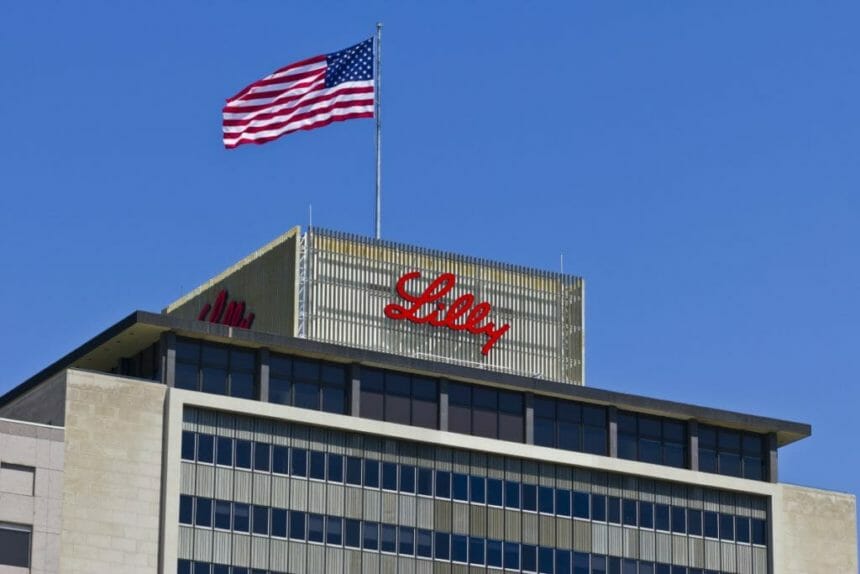Federal regulators rebuffed Eli Lilly’s accelerated-approval submission for donanemab in early Alzheimer’s, the company said Thursday evening.
The rejection could push back the potential commercial launch of the closely watched plaque-busting drug by several months, provided the Food and Drug Administration moves to approve it.
In a so-called complete response letter, the FDA requested additional data from the company that includes at least 100 patients who received a minimum of 12 months of continued treatment on donanemab. That’s the timeframe the agency wants to see to assess the drug’s safety.
Lilly said that, while its TRAILBLAZER-ALZ trial included more than 100 patients treated with the drug, many were able to stop dosing as early as six months into treatment. Thus, the data that the company submitted to the regulator from the midstage study fell short of that threshold.
“Lilly will continue to work with the FDA to evaluate the fastest pathway to make this potential treatment option widely available to patients,” according to the firm’s press release.
A late-stage version of the trial with more volunteers is expected to be read out in Q2 2023. The FDA indicated it would need this data to inform its approval decision, Lilly noted, and the drugmaker said it’s planning to draw on the same data when applying for full approval of the medicine around midyear.
Although the drug is forecast to become an eventual blockbuster, the setback is not expected to materially impact Lilly’s financial forecast. Initial sales of donanemab were expected to be modest anyway due to a restrictive Medicare decision limiting reimbursement of new Alzheimer’s drugs to those in clinical trials.
The Alzheimer’s Association, a patient advocacy group, submitted a formal request asking the Centers for Medicare & Medicaid Services to remove the requirement. But any change could take months.
“The FDA’s action does not change our view of donanemab, because sales prospects are dependent upon the success of [the Phase 3 TRAILBLAZER-ALZ 2 trial],” results of which are due in Q2, SVB Securities analyst David Risinger wrote in an investor note following the announcement Thursday.
Nor is Lilly changing its financial guidance based on the news. Assuming a midyear filing of a traditional drug application, any FDA decision on the drug could be pushed into next year.
FDA’s accelerated approval pathway allows for an earlier green light on drugs that treat serious conditions and full unmet medical needs, based on a more limited set of clinical evidence than a traditional approval. If trials confirm clinical benefit, full approval is granted. If not, regulatory procedures could lead to removal of the drug from the market.
Thursday’s news follows the accelerated approval earlier this month for another plaque-clearing drug, Leqembi (lecanemab), which is being launched by Eisai and Biogen. The FDA granted it conditional approval based on a study showing it reduced levels of amyloid plaque, the sticky substance which clumps in the brains of patients with Alzheimer’s disease.
Lilly, for its part, had requested the accelerated approval based on data that support donanemab’s plaque-busting ability. The Phase 2 TRAILBLAZER-ALZ study, which included 250 patients, also showed that the drug slowed Alzheimer’s disease progression, specifically subjects’ cognitive and functional decline.
At the JPMorgan Healthcare Conference earlier this month, Lilly execs touted the company’s late-stage pipeline as one of the most promising to come out of the Indianapolis drugmaker in years.
Donanemab is one of four potential launches the company hopes to roll out this year. The other three are immunology drugs mirikizumab and lebrikizumab, along with BTK inhibitor pirtobrutinib. Lilly is also anticipating a potential regulatory submission for tirzepatide in obesity.
For a June 2024 article about an FDA adcomm unanimously backing Lilly’s Alzheimer’s drug donanemab, click here.







